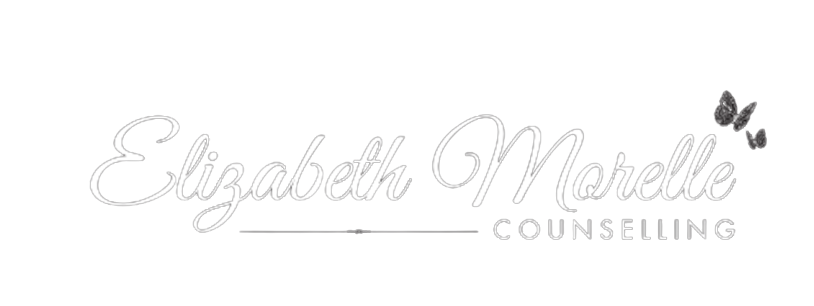Filling our bucket through self care leads to a joy-filled life.
Imagine you have a bucket, and that bucket is your self-care bucket. When you were little, you needed the grown ups in your life to fill it for you, to model what care looked like, so you could give it to yourself when you grew up. Maybe you didn’t get your bucket filled by your caregivers in the way that you needed to feel safe and secure, loved and held as a child.
If you were lucky, they did drop some things into your bucket. Maybe they were able to give you shelter, food and some clothes. They met your physical needs. But were they able to meet your emotional needs? Undoubtedly your caregivers were doing their very best with the skills that they did have. But maybe it wasn’t enough? Maybe you didn’t feel seen, heard, or even that you mattered? Maybe they weren’t able to validate your feelings, when you felt hurt, sad or lonely? Maybe they could not acknowledge that your feelings were very real, and there for a good reason?
And maybe they were not able to meet your needs for connection, fun, kindness and love?
Maybe you grew up feeling uncertain of yourself and living under the weight of a profoundly engulfing blanket, the blanket of depression?
No matter which way you turned, you just didn’t seem to be able to get yourself out from under that heavy blanket, and it covered you and followed you around wherever you went? You were carrying the beliefs that you had learned as you grew through your early years. Maybe you still now hold beliefs like, “I don’t matter'‘, or “I’m not worthy”, or even unconscious beliefs like “It’s not OK to have fun or be happy. I will be punished for it”.
Even though intellectually you can see these are not true, your body still remembers the early experiences that led to you forming these beliefs. No matter how you try, you cannot talk yourself out of believing these limiting beliefs.
One powerful way you can train your brain to believe that you are worthy is to practice self care. Now the thing that nobody told you yet is that not only is your self-care bucket much bigger than you realised, it is also much more empty than you realised. Your job as a grown up is to learn how to fill it and with what, as well as recognizing that this is a big job.
Here are some self care basics to get you started:
Exercise
Healthy diet to reduce inflammation. Inflammation in the body will prolong your feelings of depression
Good sleep
Relaxation
Finding a sense of meaning and purpose
Connection to others and a sense of belonging
Meditation and mindfulness
Learn how to “reparent” yourself, to practice empathy and compassion for yourself, to establish new compassionat pathways in your brain
Find out who you are and what really brings you joy
Take steps to change the behaviours which have limited you in the past.
Counselling can be an effective way in supporting yourself to get out of the negative, downward spiral of depression into the positive upward spiral into joy and life affirming experiences. It does take willingness and self commitment on your part, but with time and practice a joy-filled life is absolutely possible for you. As your counsellor I can offer the compassion and empathy you need to experience feeling heard, or seen, and what it is like to feel like you matter, maybe for the very first time in your life. I can teach you how to practise doing this for yourself so you can change your internal landscape from one of fear, anxiety and depression to one of hope, peace, a sense of self agency and autonomy in the world. You can overcome your depression!
I would be honoured to be your guide on the journey and help you find the gateway out of depression. Please contact me to find out more about how I can help you. Read more about depression here.


